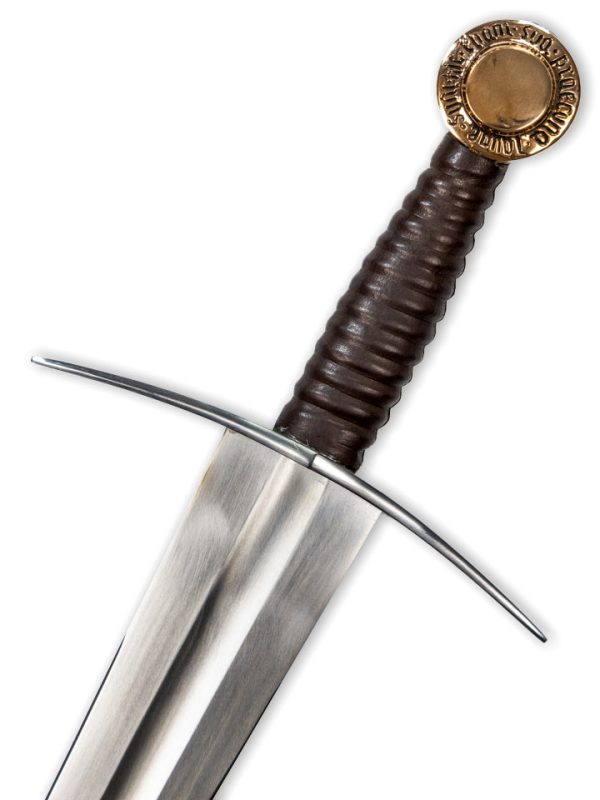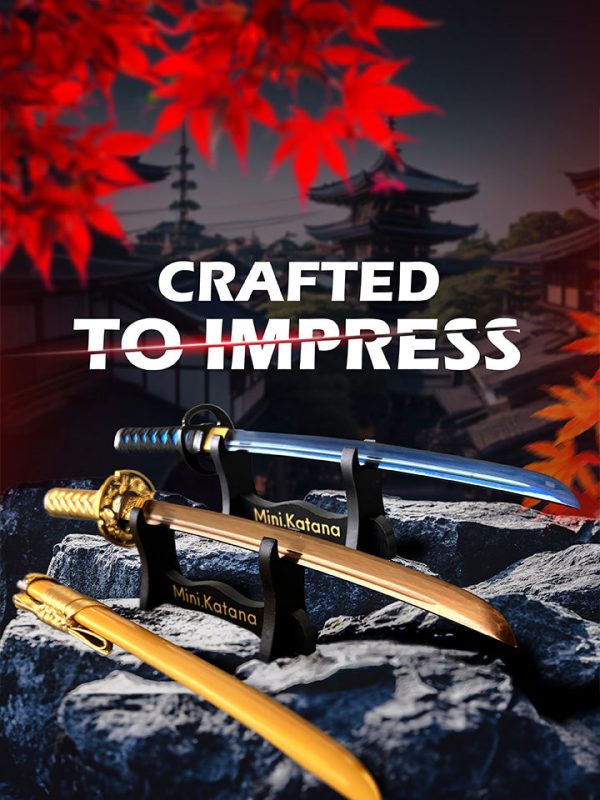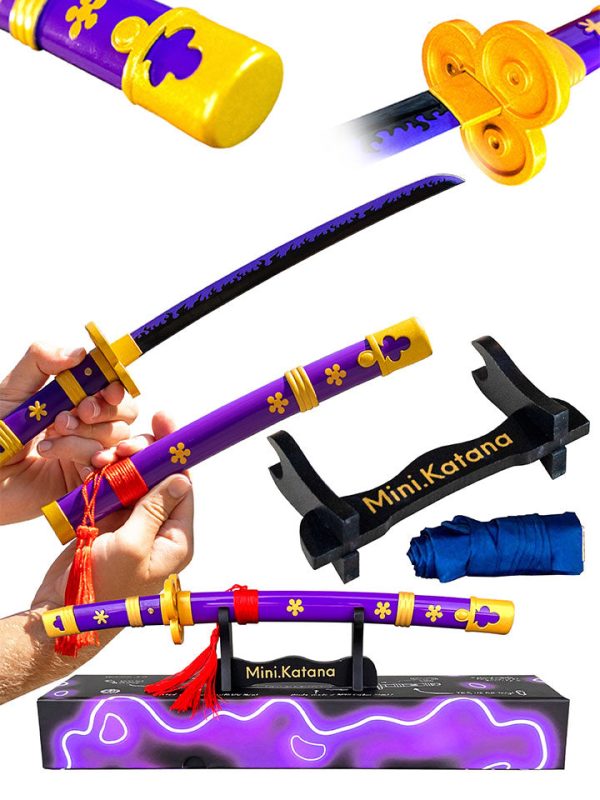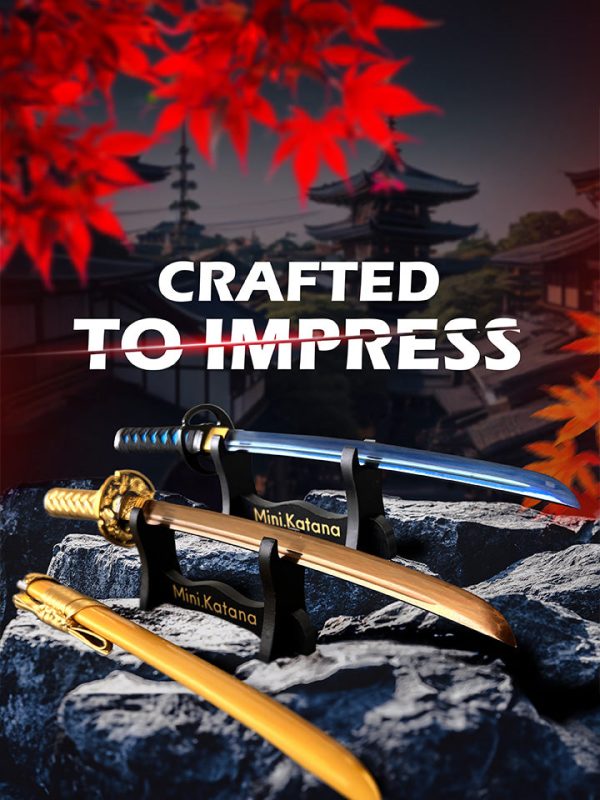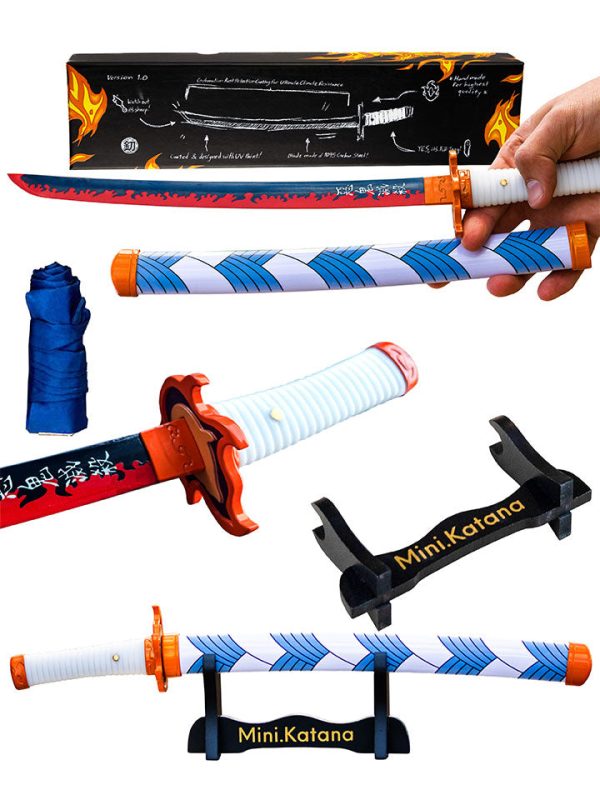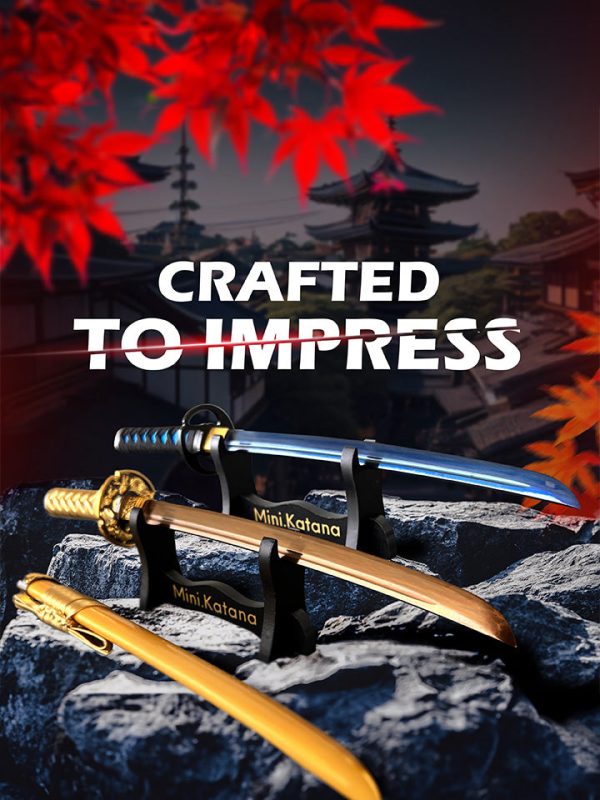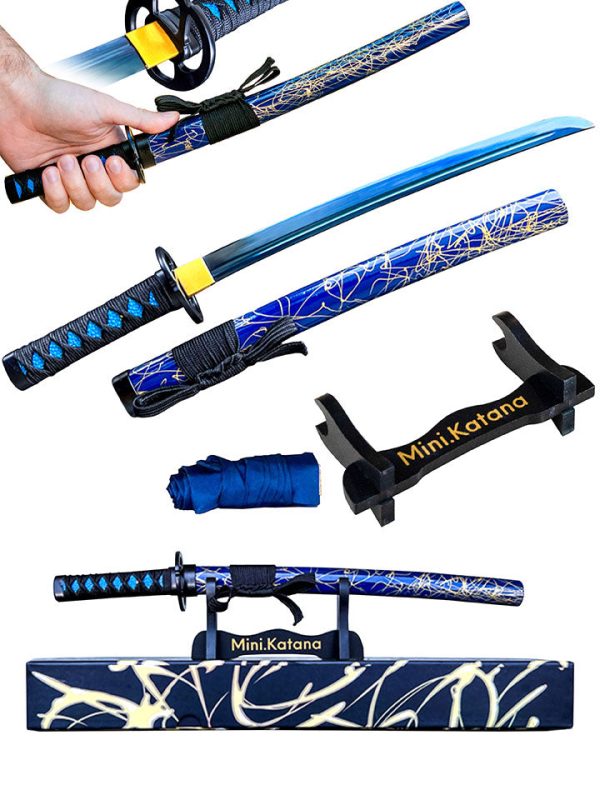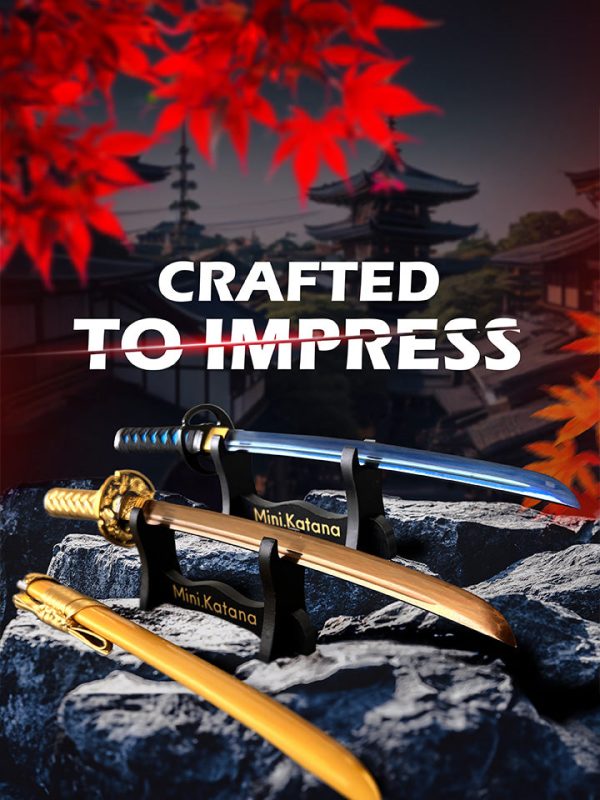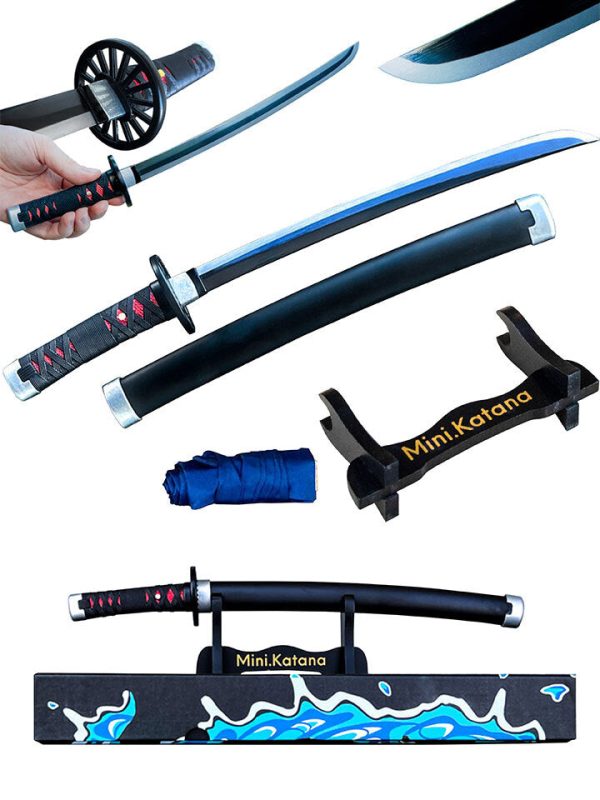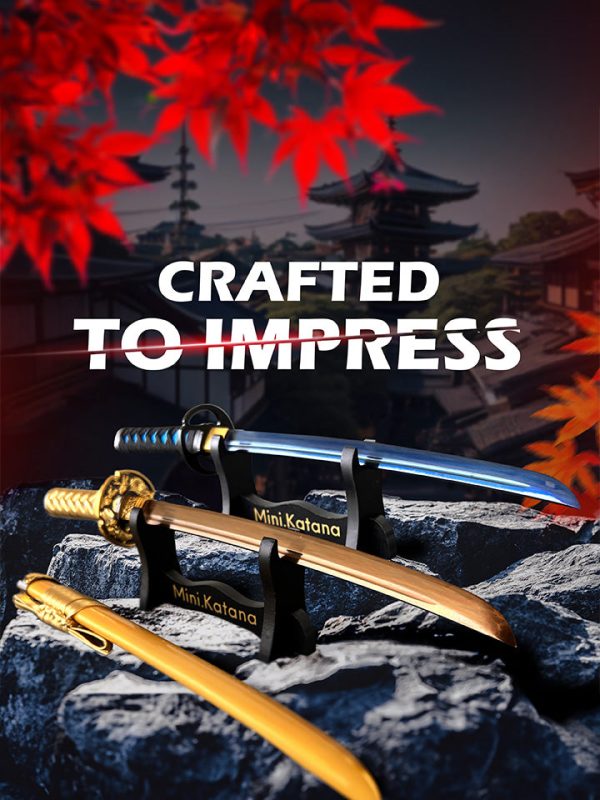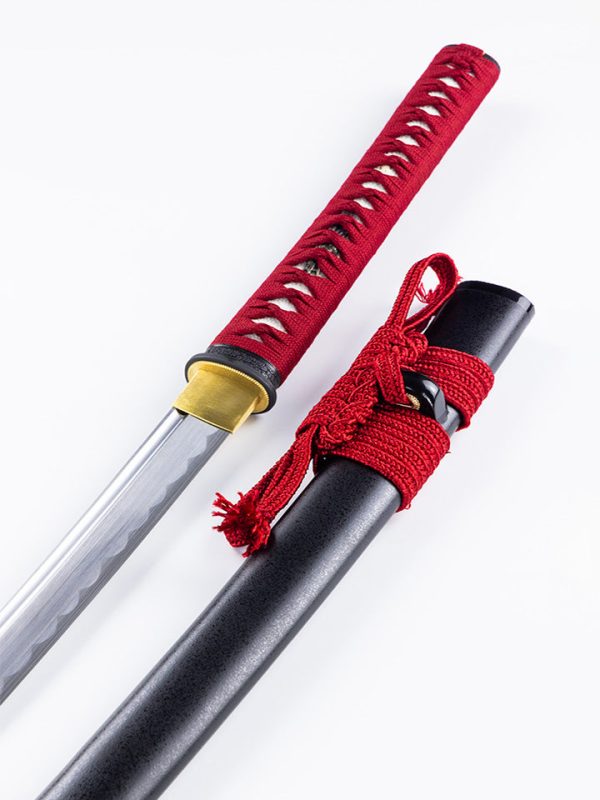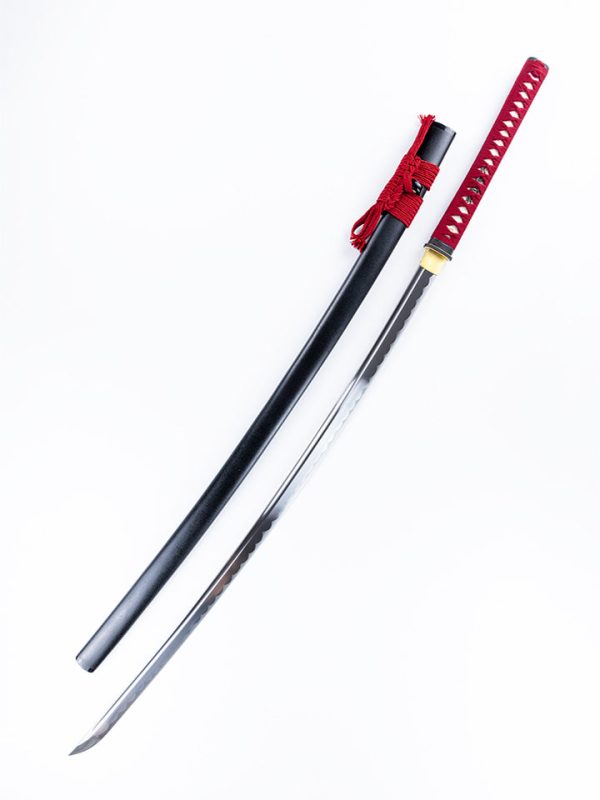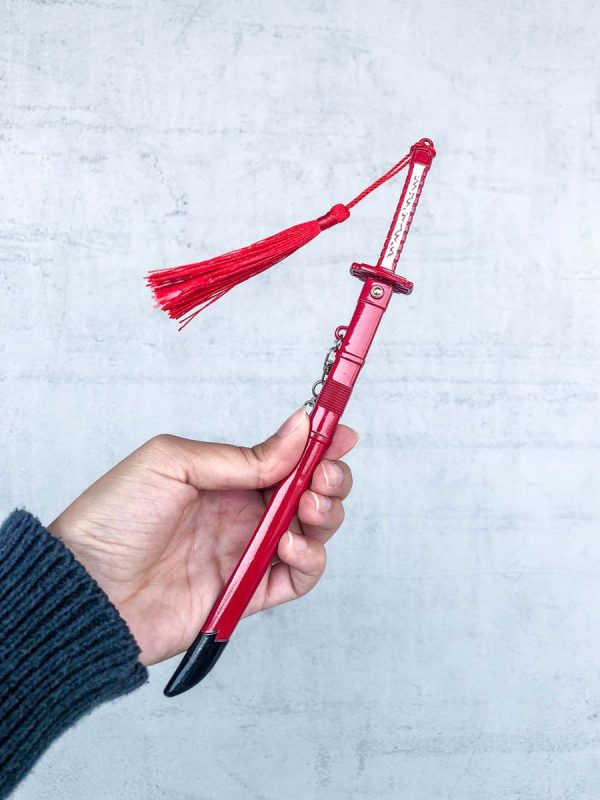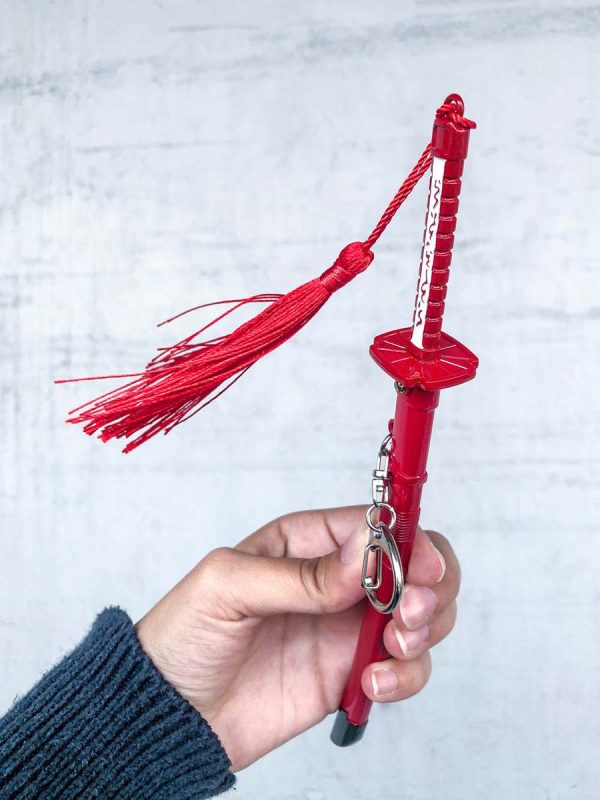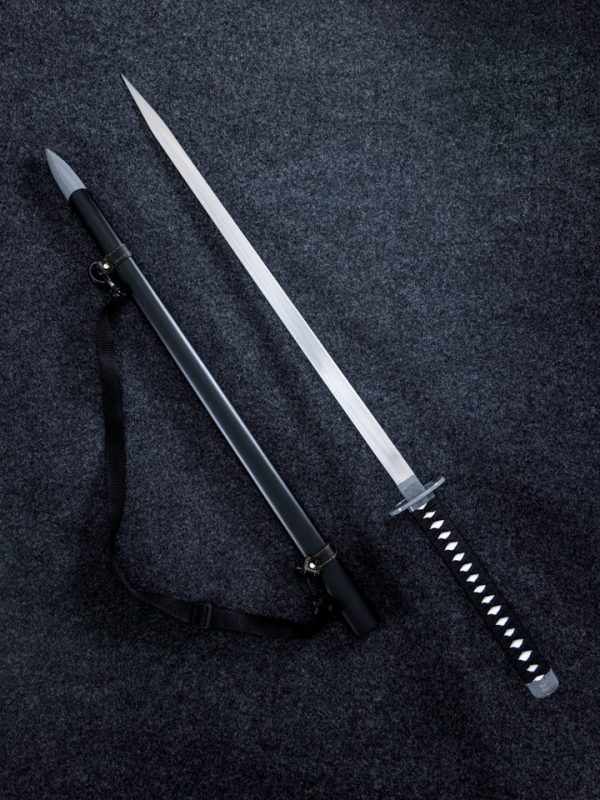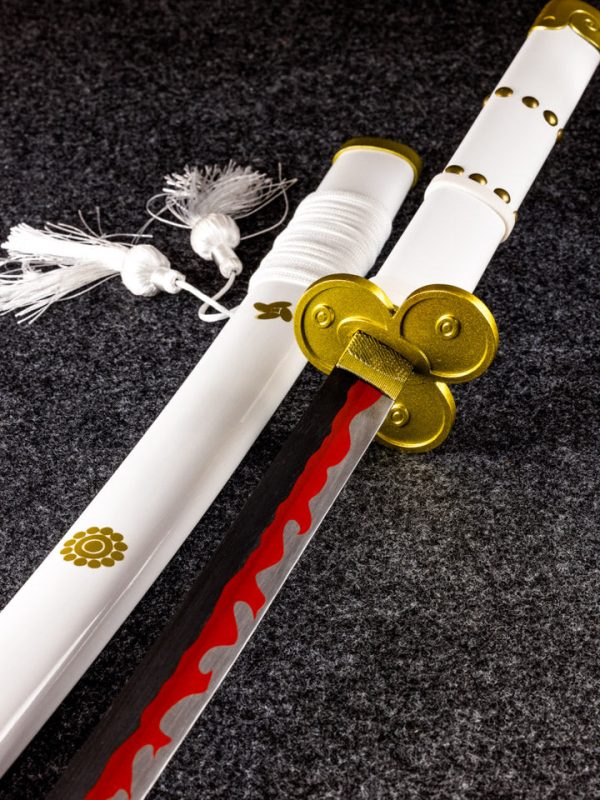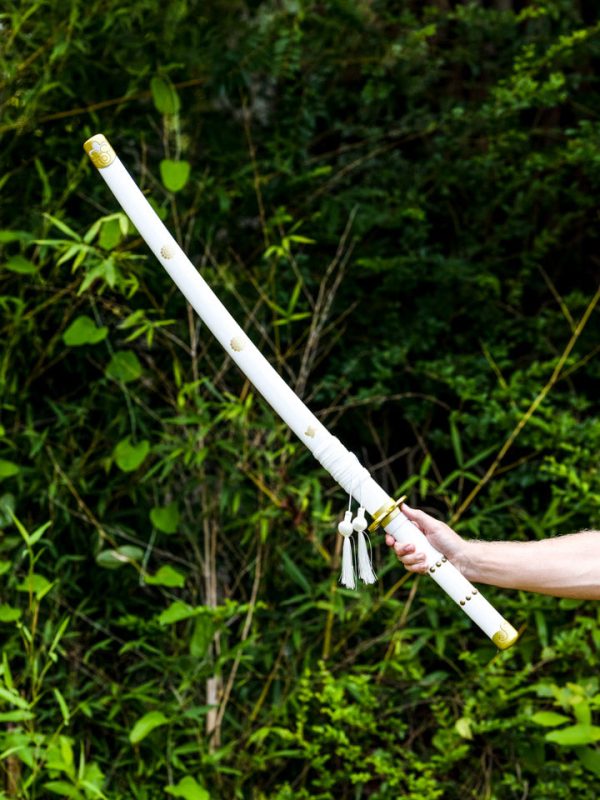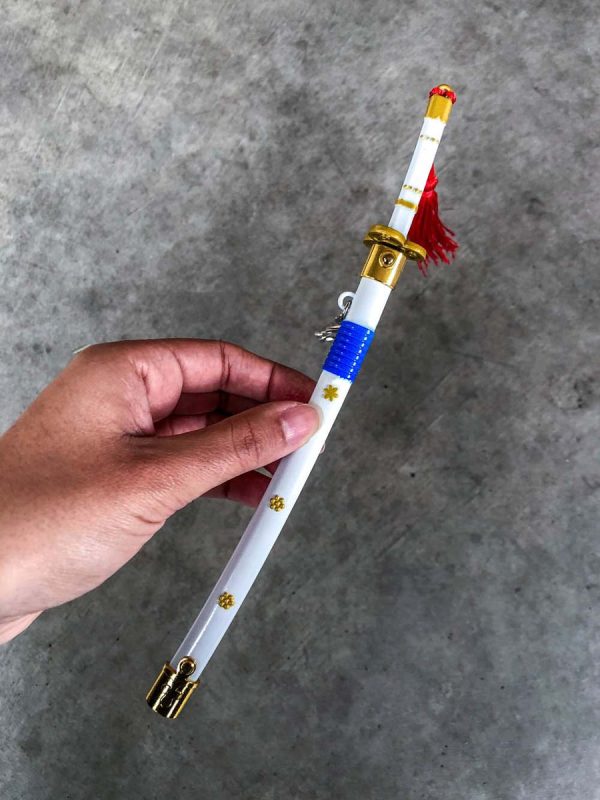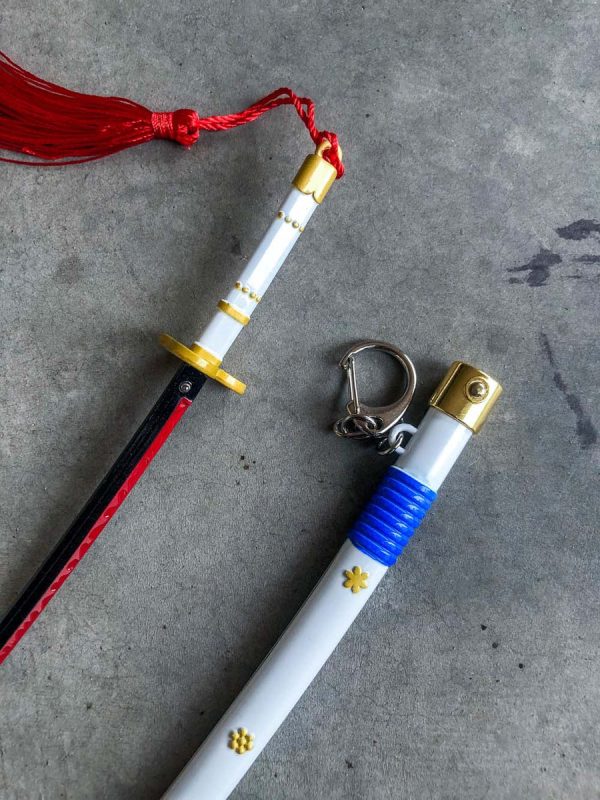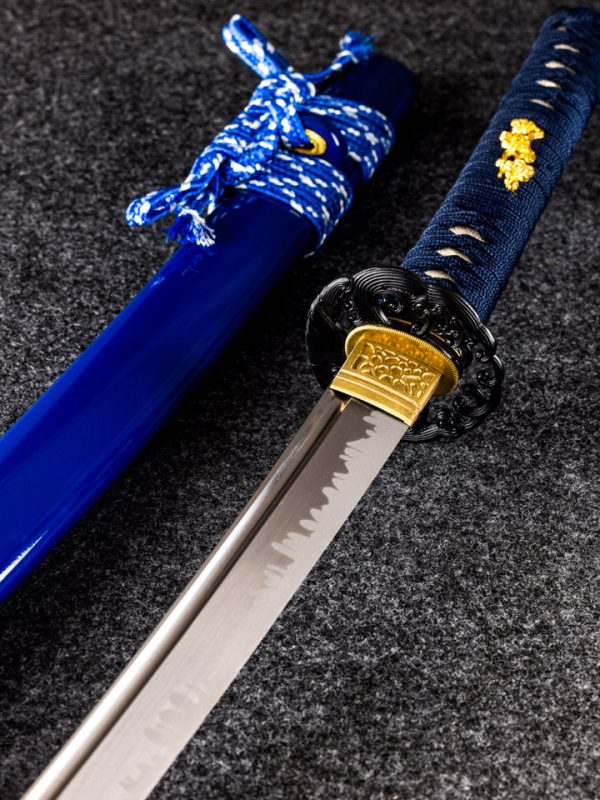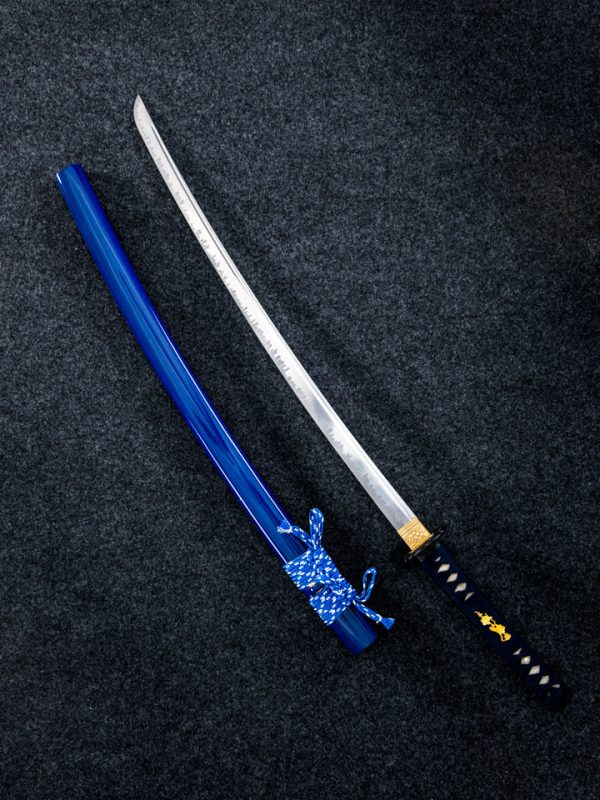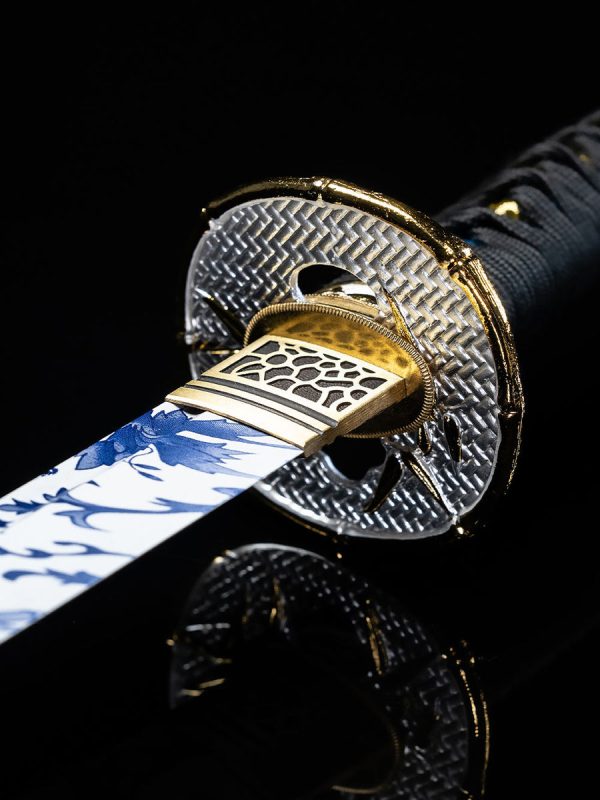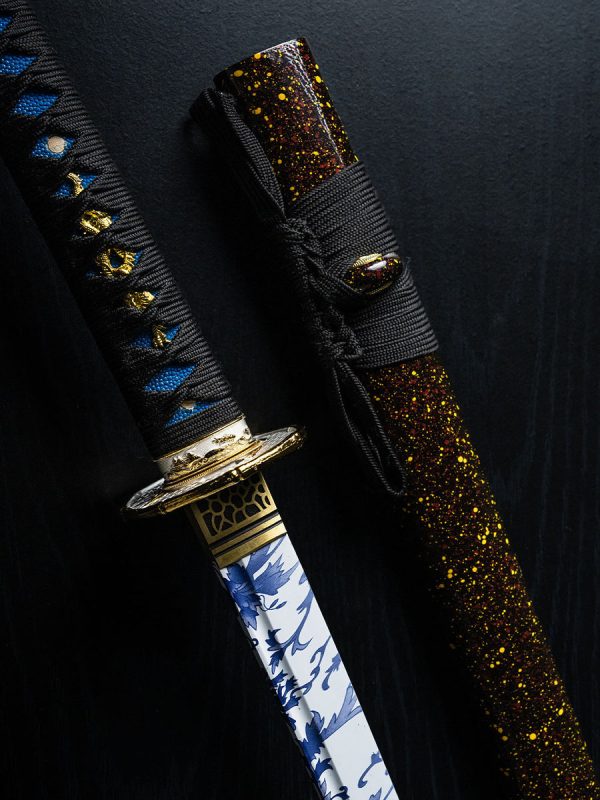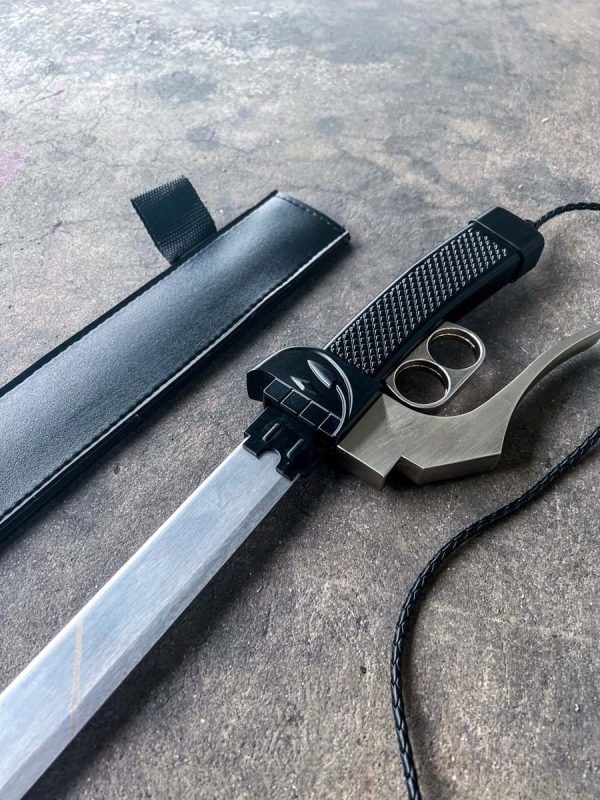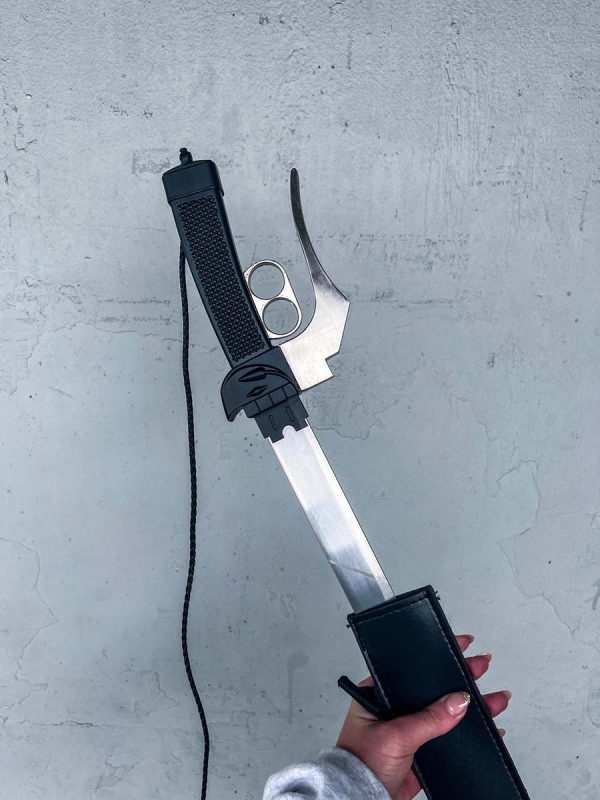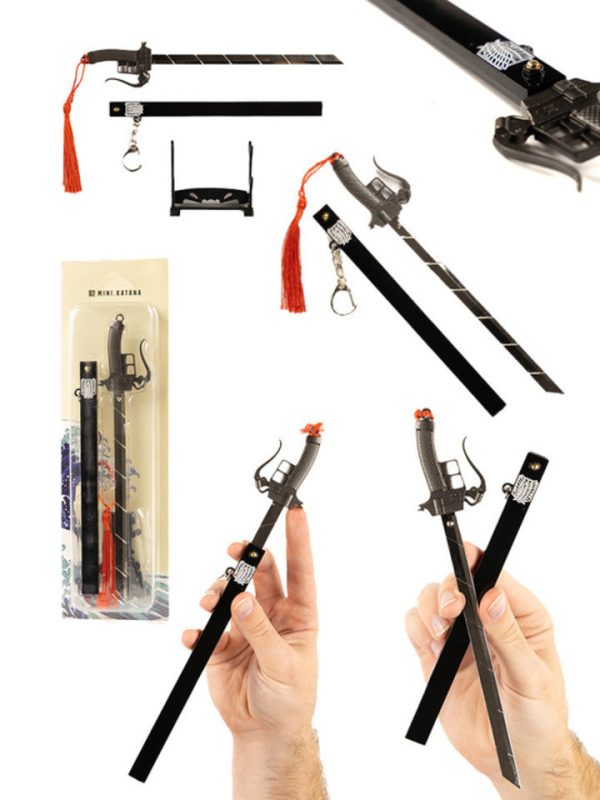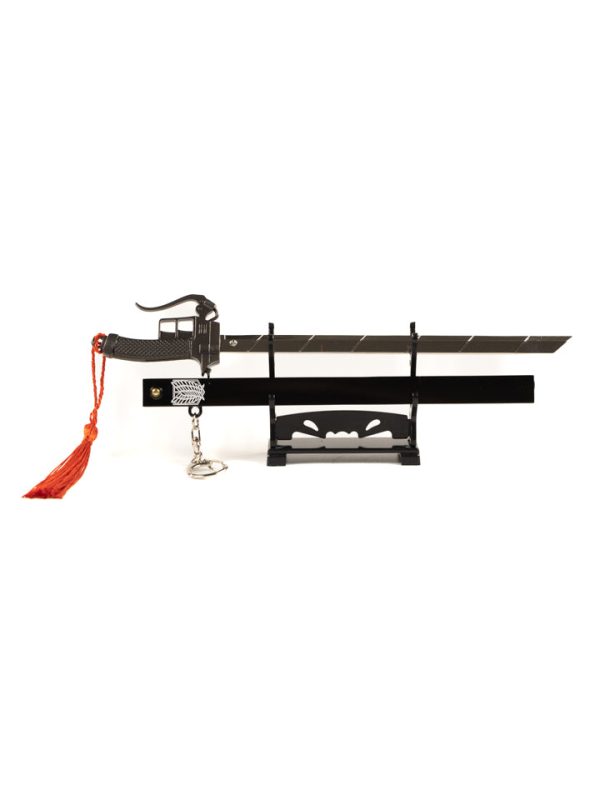
AS FEATURED IN




Featured Products
21 years of love, 15 unique principles.

Shop Our Collections
Immerse yourself in our popular sword collection, spotlighting premium anime swords, a perfect choice for enthusiasts and collectors alike. Additionally, our range encompasses an exquisite selection of pocket knives, most notably our distinguished Invictus Blade series of Damascus Knives. Don’t miss out – explore our range and elevate your collection today.
THE BEST IN THE BIZ
Highest-Quality Carbon Steel
Thousands of Satisfied Customers
Free Shipping on USA Orders $35 and above
Customer reviews
KATANA SWORD FAQs
A katana sword is a traditional Japanese sword characterized by its unique curvature, length, and sharp edge. It is also referred to as a samurai sword because it was typically carried by the samurai, the warrior class of feudal Japan. It carries years of history and is considered an absolute work of art.
A real katana is typically handmade using traditional methods and materials, representing a master craft that has passed through many eras. It has a distinctive curved blade, with an edge that can make a clean cut. Key features include an ornate guard and handle, as well as a unique blade pattern, often complemented by a bo-hi, a groove running the length of the blade to help balance and maintain the sword.
The process of creating a katana sword is a work of intricate detail, usually carried out by a master craftsman. The blade is forged from a high-quality material and then tempered for strength. This process can take years to master and is what gives the katana its edge and unique blade pattern.
A katana, wakizashi, and tanto are all traditional Japanese swords, but they differ primarily in length. A katana is the longest, usually over 60cm, and was the samurai’s primary weapon. The wakizashi is shorter, normally between 30 and 60cm, and was used as a secondary weapon. The tanto is the shortest, its blade is typically 15 to 30cm long, and was generally used for close combat.
Proper maintenance is key to preserving the quality of your katana sword. This typically includes regular cleaning and oiling to prevent rust and protect the surface of the blade, as well as ensuring a proper storage place to prevent damage.
Yes, many samurai swords, including the katana, are designed for cutting. Their sharp edge and balanced weight allow for precise and powerful cuts. However, one needs to be careful while doing so as they are extremely sharp and, if not used properly, can cause harm.
A wakizashi is another type of traditional Japanese sword that is shorter than the katana. Samurai often paired the two, using the wakizashi for close-quarter combats while the katana was more commonly used on the battlefield due to its longer blade length.
The handmade aspect of katanas from Japan is a crucial factor in their status as not just weapons but also as collectible works of art. Each authentic katana is meticulously crafted by skilled artisans, reflecting centuries of Japanese culture and tradition. This craftsmanship ensures that every piece is unique, often finding a place in the collections of enthusiasts who appreciate their historical and cultural significance. While originally designed for battle, these swords are now celebrated for their beauty and precision, making them a popular choice not only for practitioners of martial arts but also for those who study and celebrate the rich heritage of Japan.

